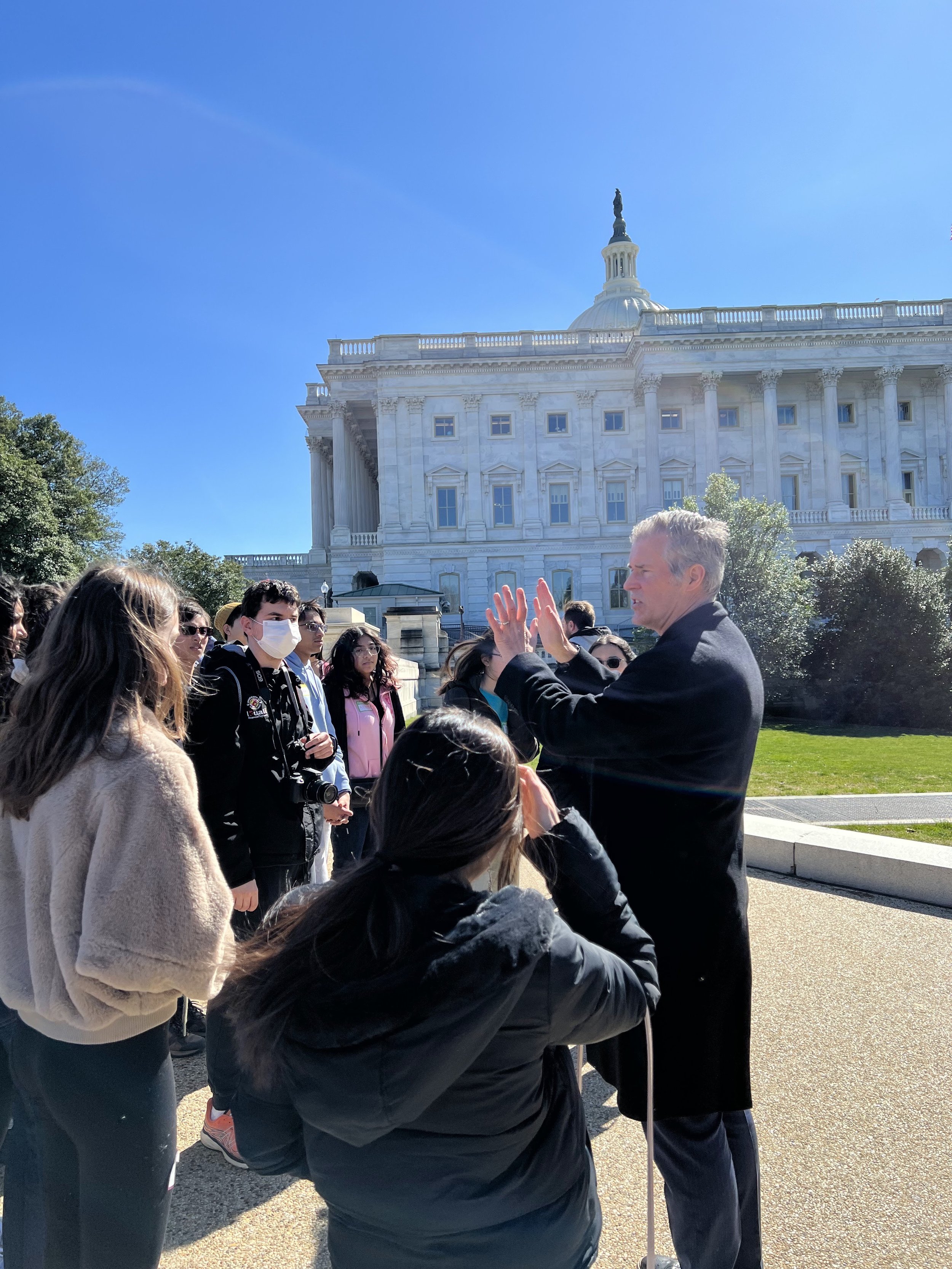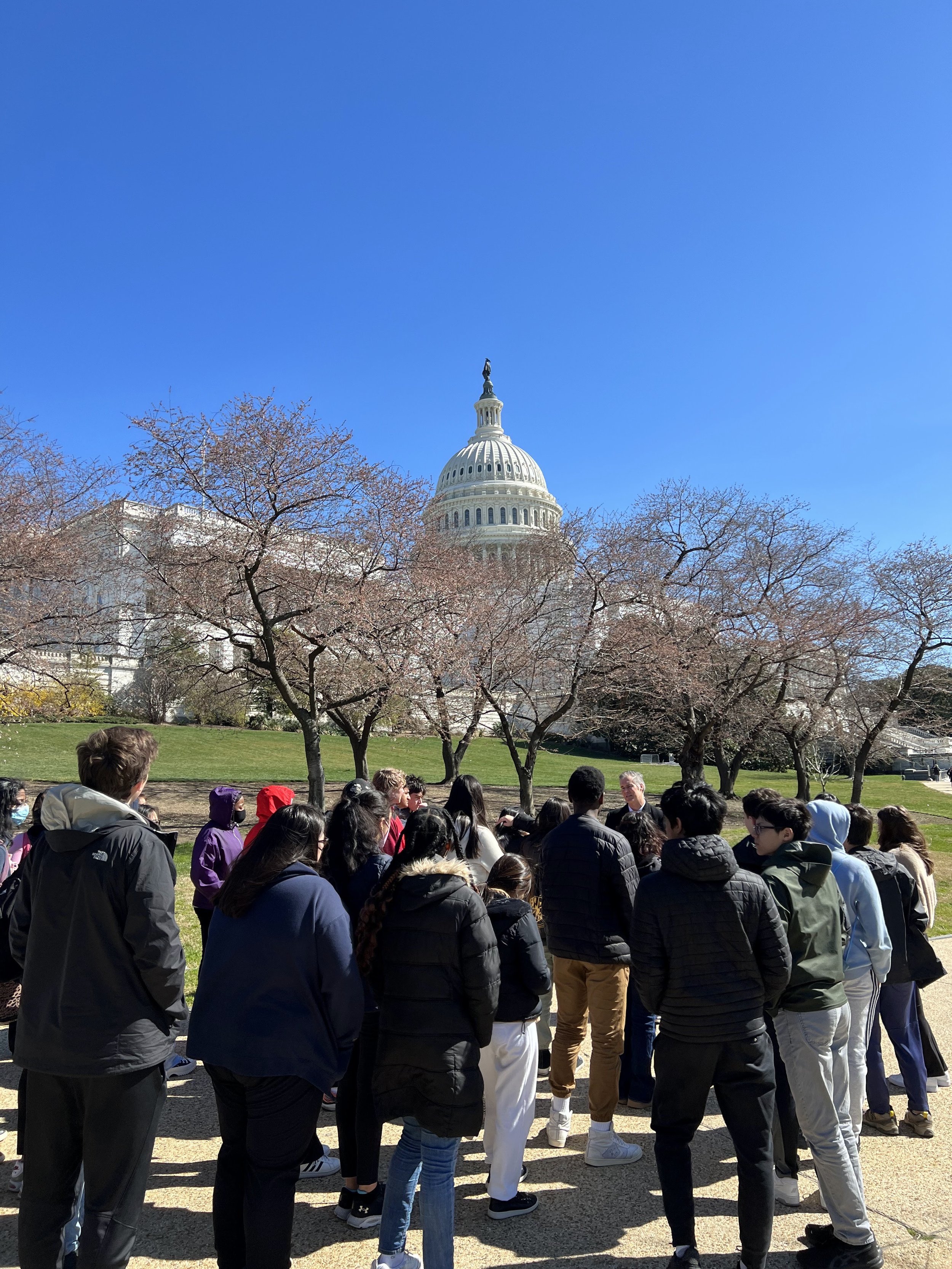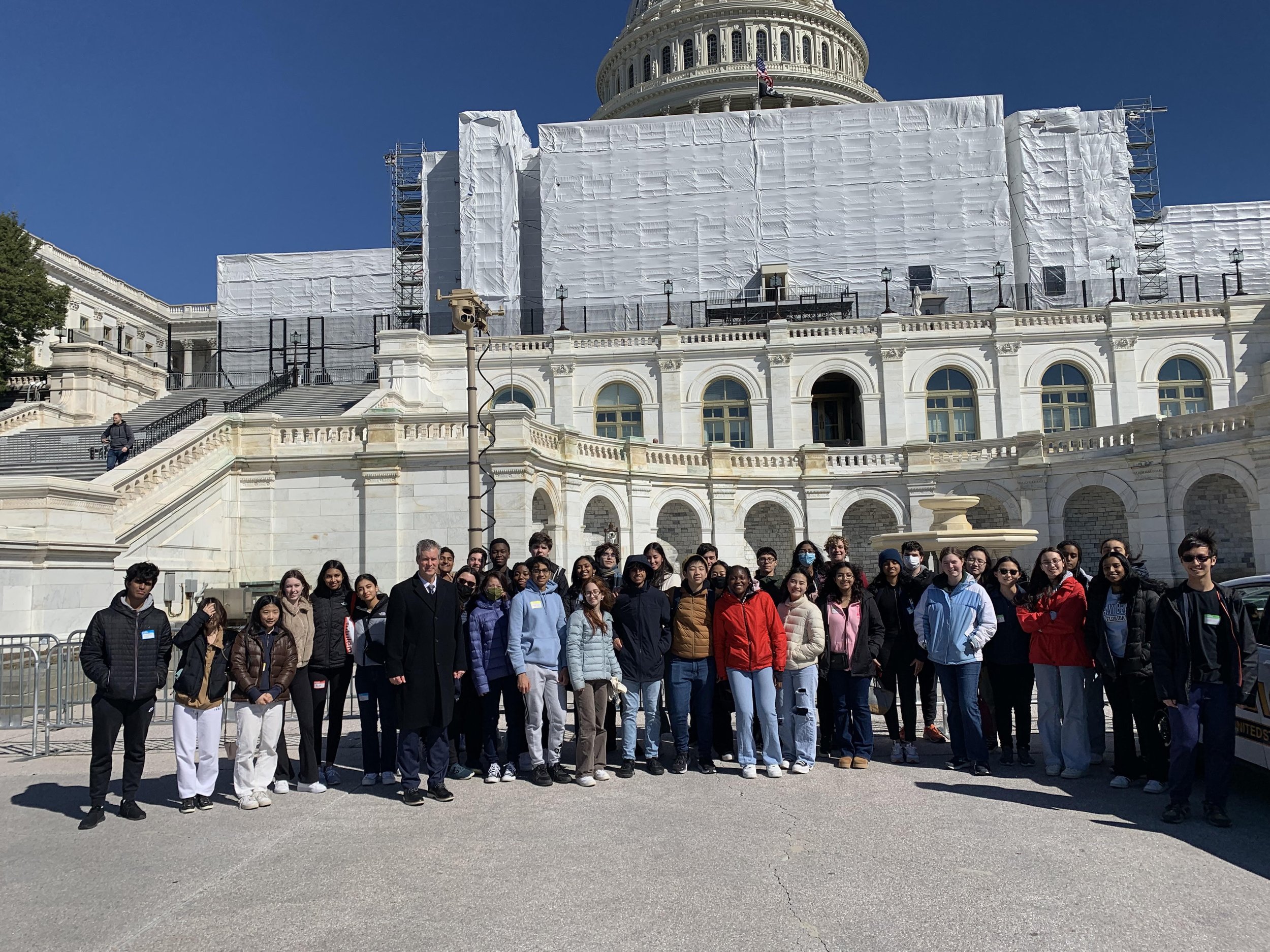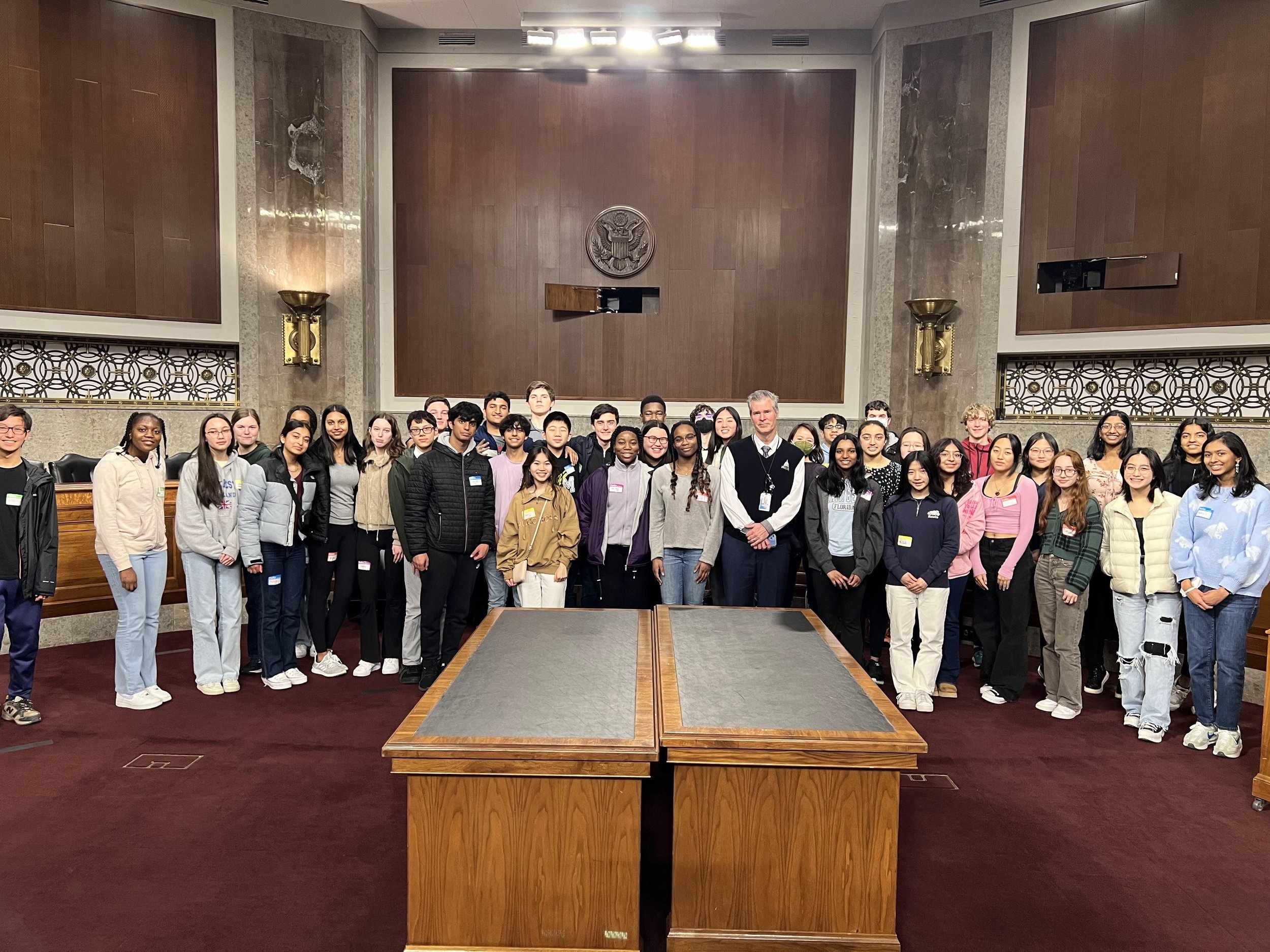US Capitol Official Explains Civil Engineering’s Responsibilities and Pros, Along with Benefits of ROTC and Federal Employment




There are multiple reasons why Kirk Nelson enjoys his job as the Deputy Superintendent for House Office Buildings in the Office of the Architect of the Capitol. The civil engineer‘s path to his current position, where he manages facilities and other projects for The US House of Representatives, was not a straight line – and his journey has more milestones than many of his professional colleagues, especially those who opt for the private sector. In a March in-person event at the US Capitol for nearly 40 Sandra Lee Heyman Fellows, Nelson described his journey from his start as a naval ROTC student at the University of Washington up through multiple positions with US Navy operations and other federal military and civilian agencies. Going the ROTC route meant that he had no financial worries on his way to earning a civil engineering degree, even as he was giving back via his public service.
While Nelson was only required to serve with the Navy for four years as part of that ROTC position, he explained to the fellows that he decided to extend his service time in the Navy for several additional years...and later on returned to the Navy as a civilian. Before beginning his current position with the Architect of the Capitol, which manages and oversees multiple aspects of the congressional complex, his career included civil engineering-related stints with the Naval Facilities Engineering Command (where he managed facilities and other assets round the world), with the Chief of Naval Operations, the National Park Service, Camp Pendleton and Quantico Marine Corps Base, and the White House (where he was director of engineering and logistics). Today, Nelson leads about 600 employees performing a full range of operational, maintenance, and project management related activities that includes responsibility for structural, energy, water, safety, environmental, and transportation projects – all challenges where his civil engineering expertise regularly comes into play.
Nelson described his very practical approach to selecting civil engineering and his decision to work for the federal government. “Every city, state, and federal agency needs a civil engineer,” he told the fellows, so he knew that his services would be in demand. Furthermore, he said, “working for the federal government generally allows me to have a predictable work schedule as well as a good salary and benefits,” something that Nelson values as he strives for a good work-life balance.
The civil engineer, who also carries the title of Acting Deputy Chief Engineer, led the fellows on a tour of several congressional buildings, inside and outside, pointing out multiple challenges in maintaining both the historic and newer buildings from both a structural and appearance standpoint. When it comes down to it, Nelson said, “One thing I really like about civil engineering is that you see what happens when things work well...as well as when they don’t work as well.” In his position in the Architect of the Capitol’s office, Nelson gets to do that on a daily basis, using both his engineering undergraduate degree and a master’s degree business administration and management degree that he earned while working for the Navy – another plus of his government employment.
“Every city, state, and federal agency needs a civil engineer...and working for the federal government generally allows me to have a predictable work schedule as well as a good salary and benefits.” ”
The Sandra Lee Heyman Foundation is a 501(c)(3) nonprofit organization established in memory of Sandra Lee Heyman, a long-time mathematics teacher at the elementary, middle school, high school, and community college levels. The 18-month long Fellowship is aimed at promising high school students who have the opportunity to meet with STEM leaders, visit prominent institutions in the Washington, D.C., area, and access peers and mentors to support career exploration in STEM fields. There are multiple ways to support the Fellowship program, and donations to the Foundation are tax deductible.
